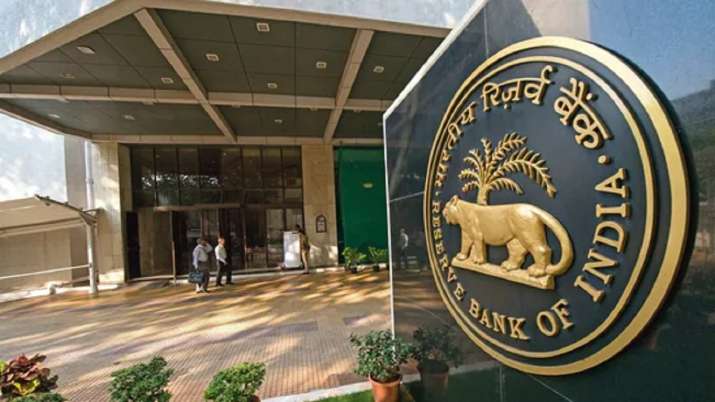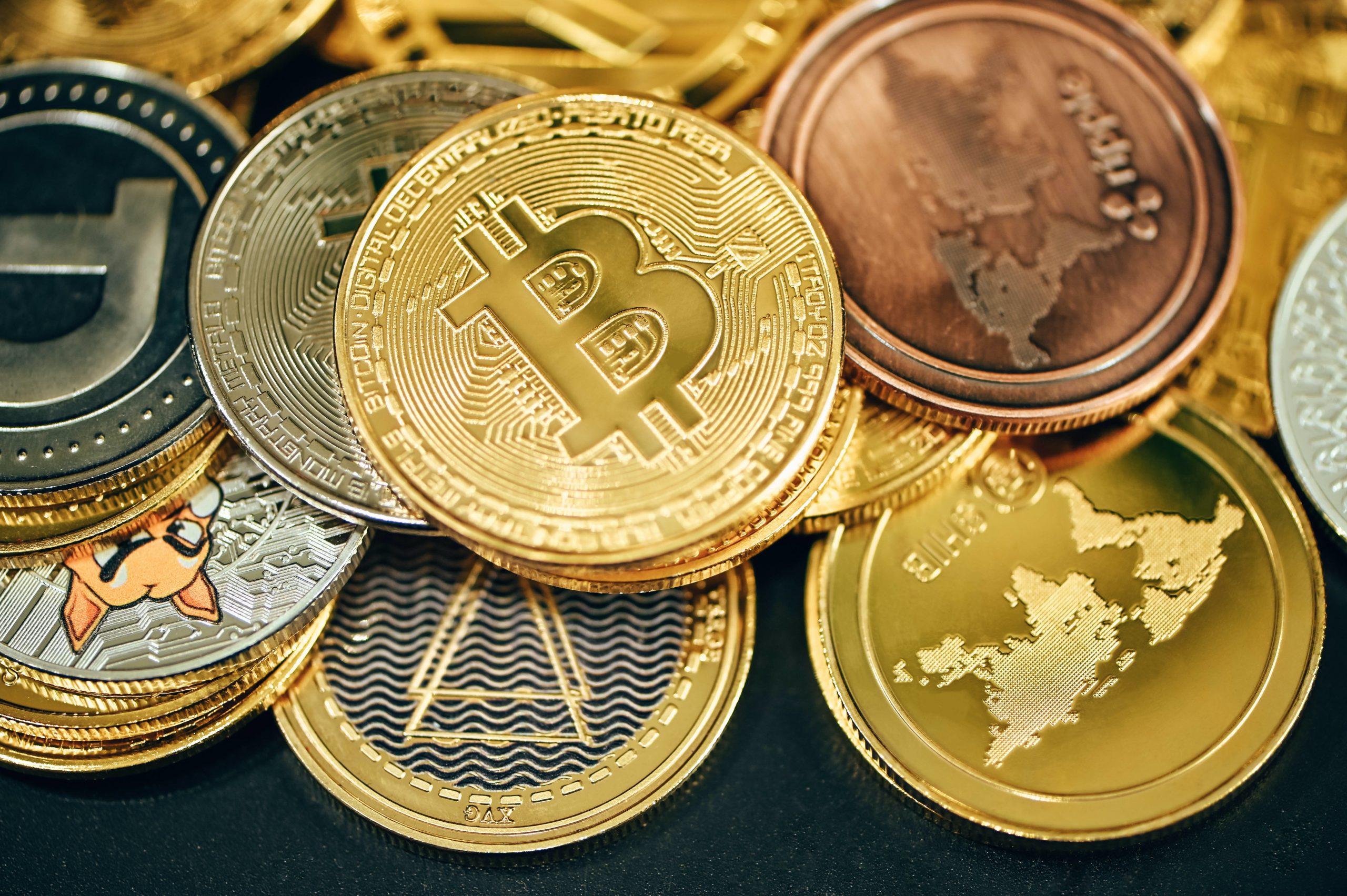The Indian cryptocurrency ecosystem Internet and Mobile Association of India (IAMAI) on Thursday announced the dissolution of the Blockchain and Crypto Council (BACC).
The sole representative of the crypto industry in India, BACC was instituted in 2017. However, amid a turbulent and uncertain crypto regulatory environment in India, IAMAI is redirecting BACC’s resources to its remaining 16 sectors.
“The association was forced to take the decision in light of the fact that a resolution of the regulatory environment for the industry is still uncertain, and that the association would like to utilize its limited resources for other emerging digital sectors, which make a more immediate and direct contribution to digital India, notably, deepening financial inclusion and promoting Central Bank issued Digital Currency [CBDC]”, its official statement read.
How will the absence of a common voice at such a precarious time reflect on the Indian cryptocurrency ecosystem?
The Reserve Bank of India (RBI) is also reiterating its long-standing view on crypto being a “clear danger”.

TOUGH TIMES AHEAD
Globally, crypto markets are weathering serious stress. At the start of 2022, the global crypto market cap was a healthy $2.2 trillion. Seven months into the year, this has been reduced to $938 billion. Inflows in crypto investment products are getting scarce. For instance, last week saw just $64 million worth of influx. Major crypto players such as 3AC and Celsius are folding up, only boosting the crypto contagion. The reigning investor sentiment is one of extreme fear.
Crypto trading in India, too, is increasingly becoming a loss-making proposition.
The unfavorable taxation situation in India isn’t helping. A straight 30% tax on all profits incurred from crypto transactions, in addition to 1% TDS effective July 1, 2022, has already seen exchange trading volumes tank as much as 70-80%.
Several media reports cited emerging discontentment between IAMA officials and BACC member exchanges on non-compliance grounds. As per the association, member exchanges regularly backtracked and violated their self-decided code of conduct. In simple words, they did not walk the talk. They were also unwilling to submit to independent audits.
WHAT NEXT?
Vikram Subburaj, the CEO, of Giottus Crypto Platform, sees this move as part of its evolution, rather than government and industry hostility. “The IAMAI has quite a few verticals under its ambit, including BACC. The crypto sector, with its huge adoption, needs a dedicated industry body to put forth its demands and push for regulation. So, the BACC will hopefully evolve as a more function-specific industry body that would exclusively represent the crypto sector. This reorganization, as we understand, has nothing to do with the government.”
Dileep Seinberg, Founder & CEO, MuffinPay, Bill Payment & Utility Crypto, is batting for an independent BACC. “The BACC can exist independently if the members decide so. The Indian crypto sector is growing in size due to the mass adoption of digital assets and a dedicated industry body is the need of the hour. If seen on the other side, the BACC can now emerge as a stronger and more specific industry body with a clear set of goals. IAMAI is responsible for other major tech communities outside cryptocurrency. This move may provide the crypto business a better perspective in the long run.”



